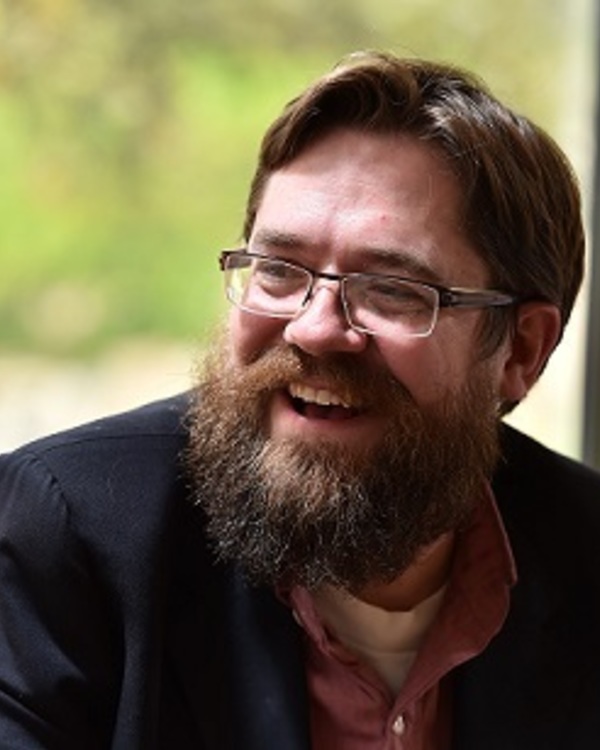Alexander Jech
Professor of the Practice

574-631-7534
ajech@nd.edu
105 Malloy Hall
Book a Meeting
Education
Ph.D., University of Notre Dame
Research Interest
Moral philosophy, social and political philosophy, philosophical theology, action theory, Kierkegaard
Alexander Jech studied philosophy at the University of Washington and the University of Notre Dame, but owes his greatest debt to Shawn Mintek, philosopher and mathematician, who introduced him to the merry wonder of the examined life. Jech taught at the University of Virginia and UNC Chapel Hill before returning to Notre Dame in 2014.
Jech hates labels and believes that philosophy is concerned with everything human, but his published work can be categorized under three headings: “political philosophy is first philosophy,” “ethics and action as philosophy of love,” and “speaking that whereof one must remain silent.” Incidental topics include Tocqueville, Pascal, republicanism ancient and modern, Kierkegaard, ballet, romantic appropriations of knighthood, literary theory, music theory, and (someday) the philosophy of time as applied to baseball.
He is also Director of Undergraduate Studies. So, if you'd like to schedule an appointment with him to talk about the major, the minor, philosophy in general, a philosophical problem in particular, or anything else, you can do so by visiting alexanderjech.youcanbook.me and booking a time slot.
Representative Publications
- The Hurricane Notebook: Three Dialogues on the Human Condition, ed. and contributor (Wilmington, NC: Wisdom/Works, 2019)
- Kierkegaard’s Fear and Trembling, translated, with an introduction, notes, and glossary (under contract with Hackett Publishing for 2023 release)
- “Narrative Variation and the Mood of Freedom in Kierkegaard’s Fear and Trembling,” forthcoming in Kierkegaard Studies Yearbook 2020
- “What Has Athens to Do with Rome? Tocqueville and the New Republicanism,” American Political Thought 6:4 (2017): 550–573
- “To Will One Thing,” American Philosophical Quarterly 50:2 (2013): 153–165